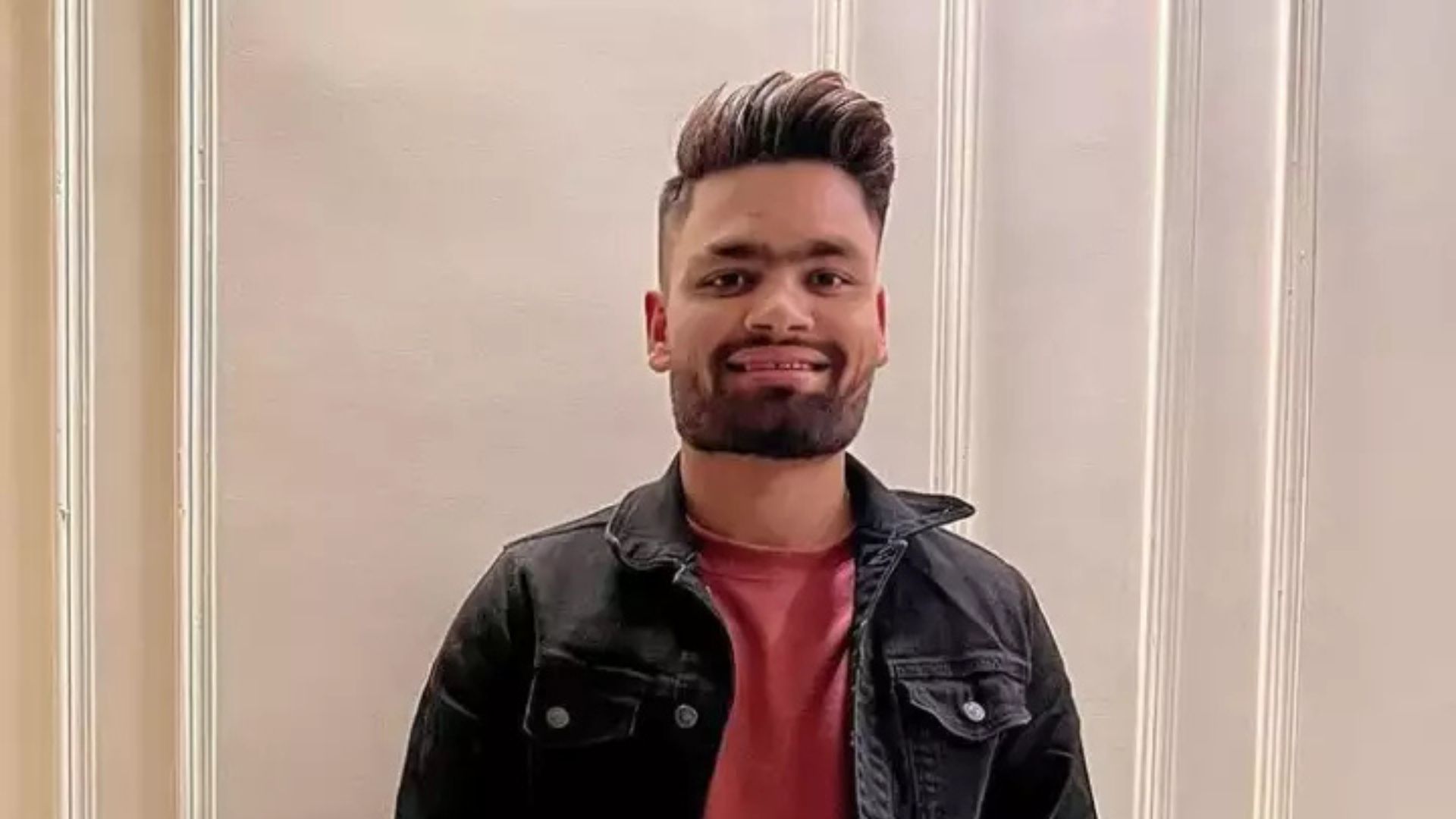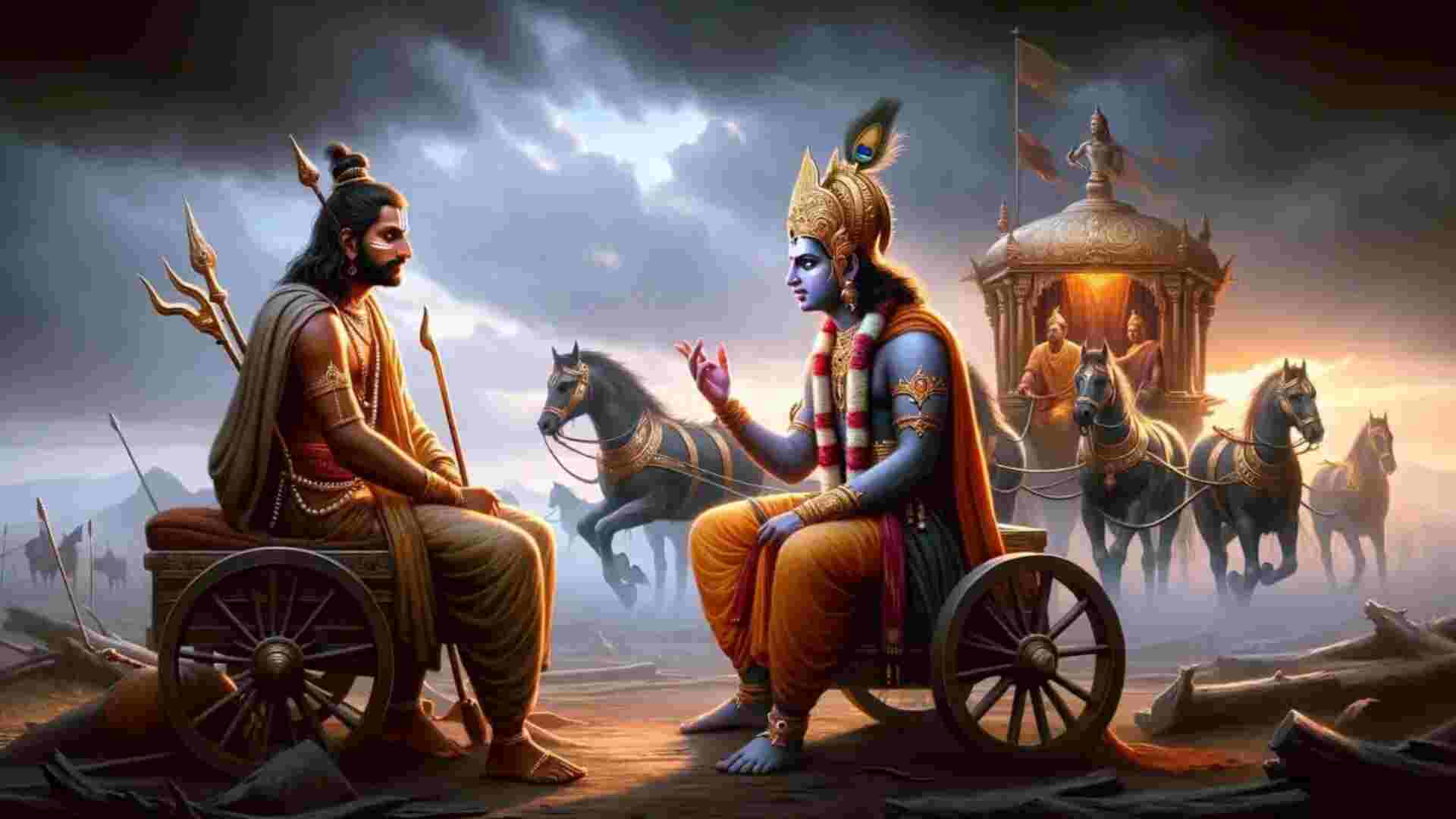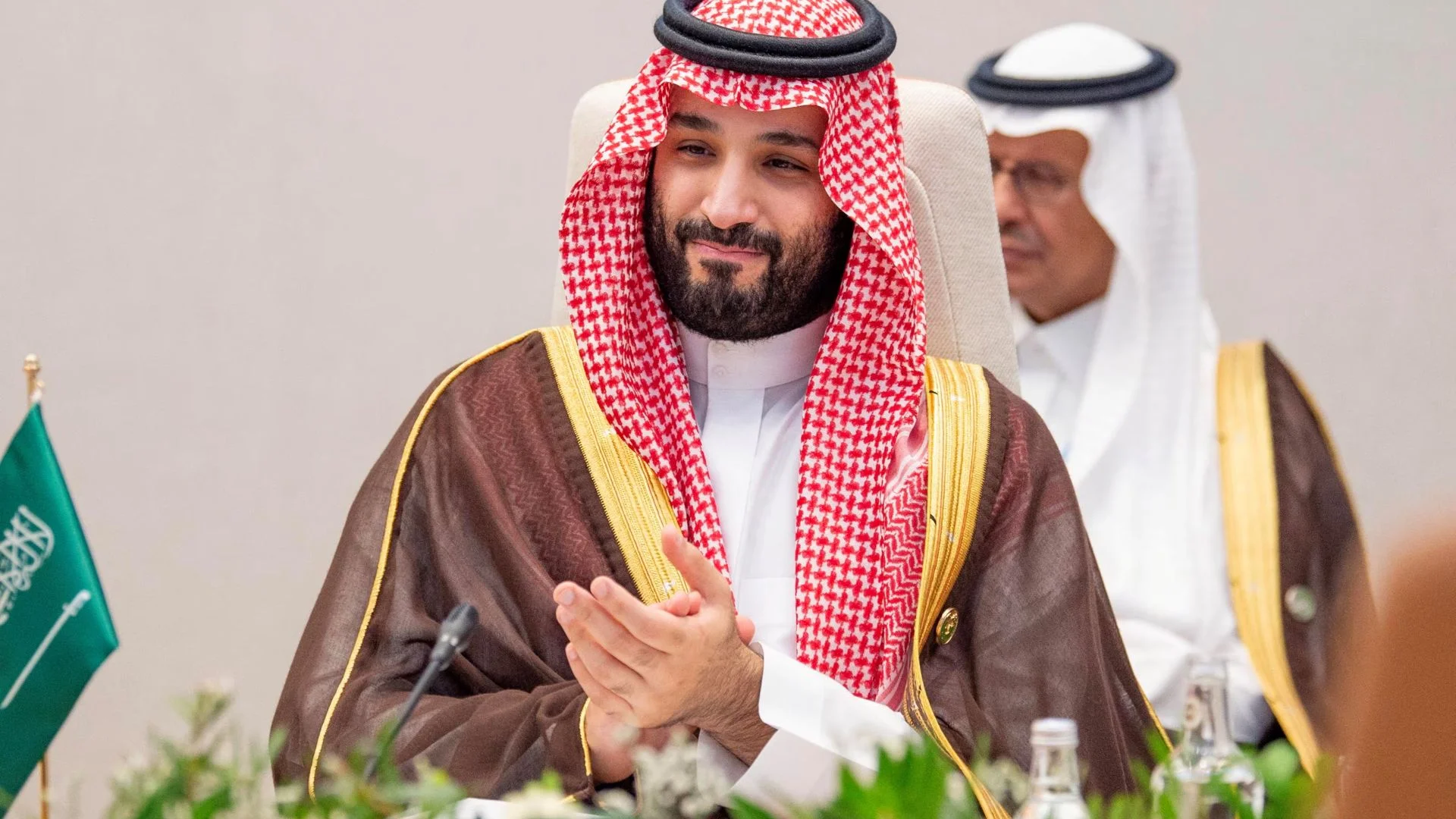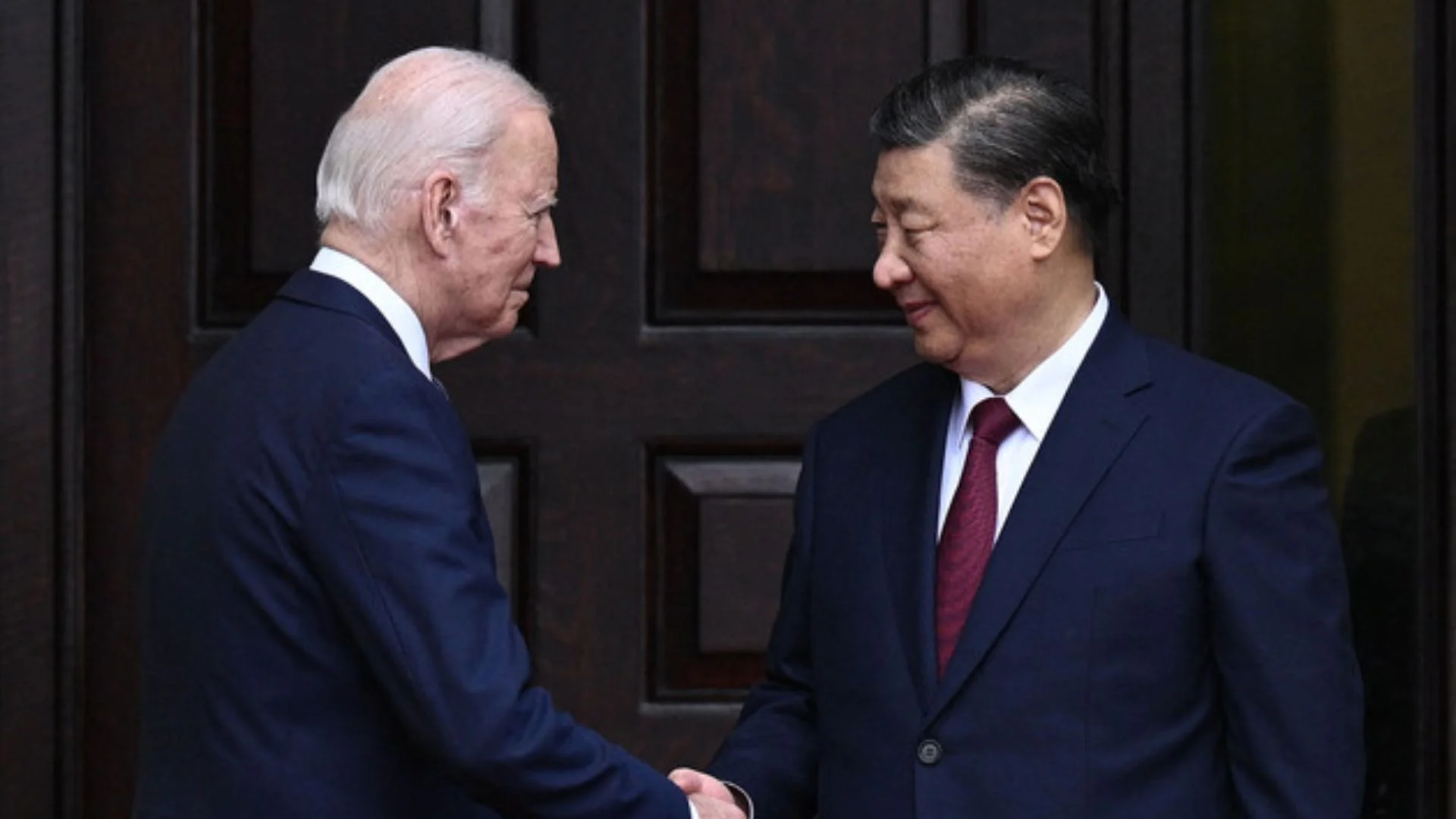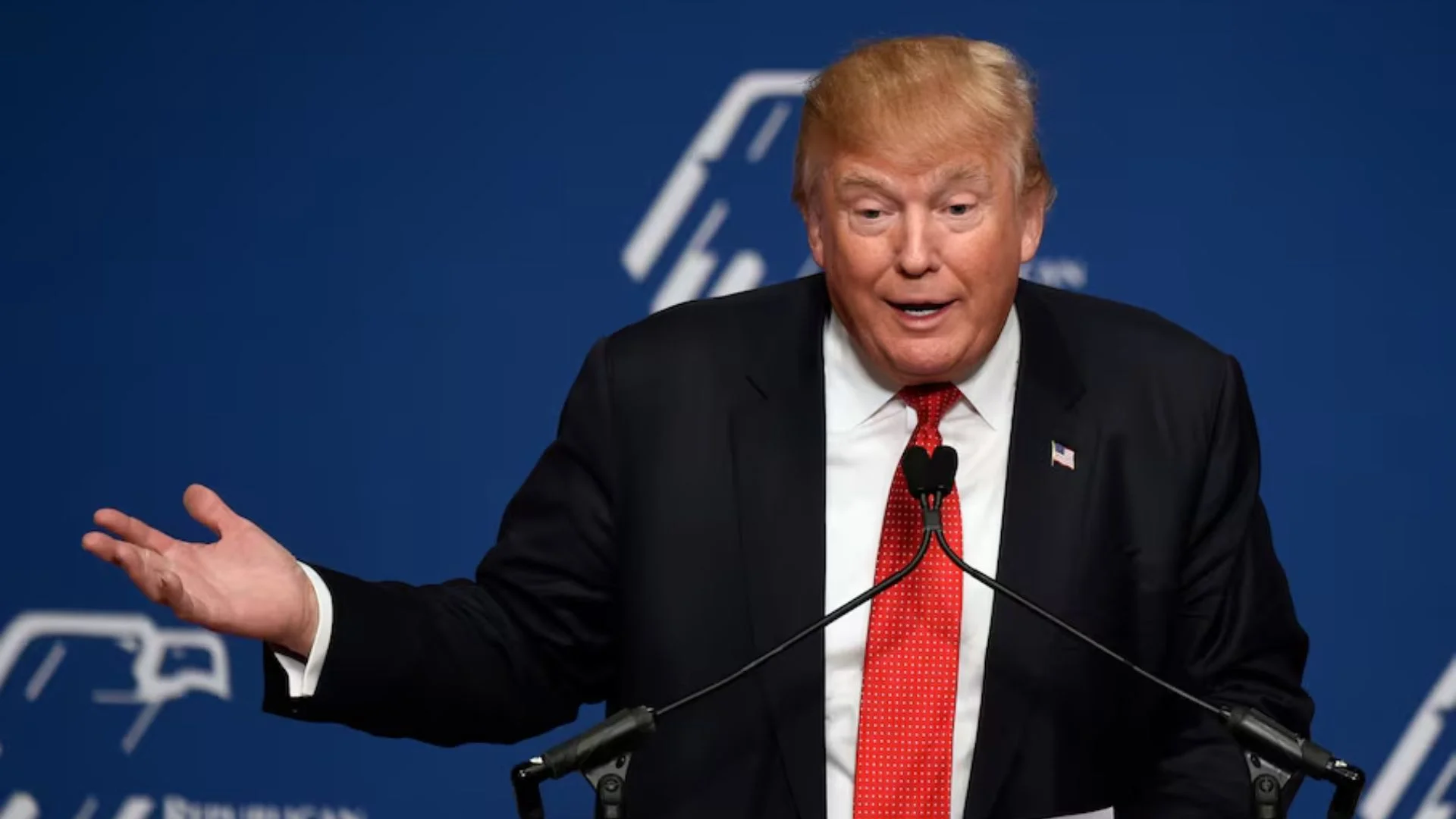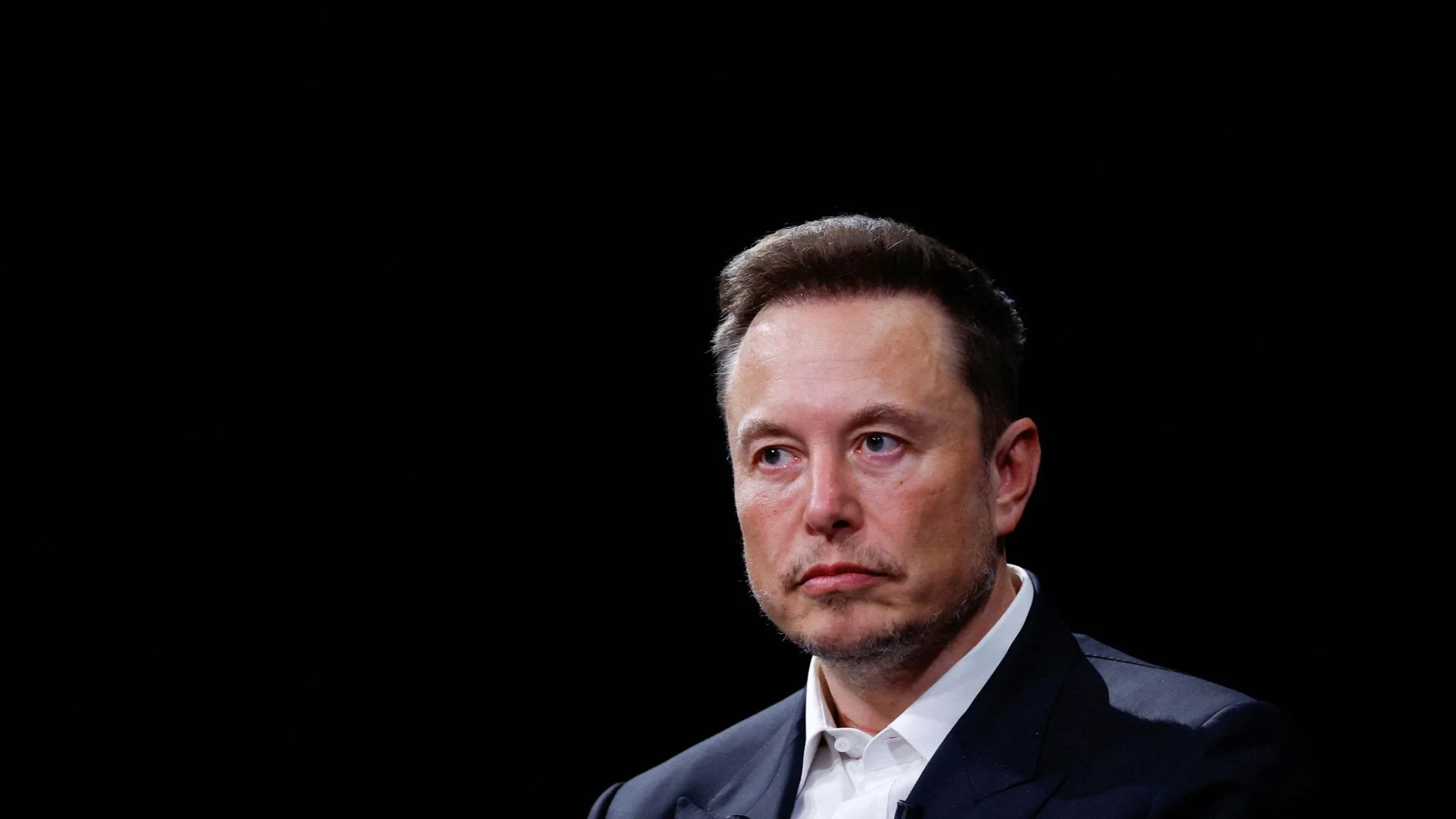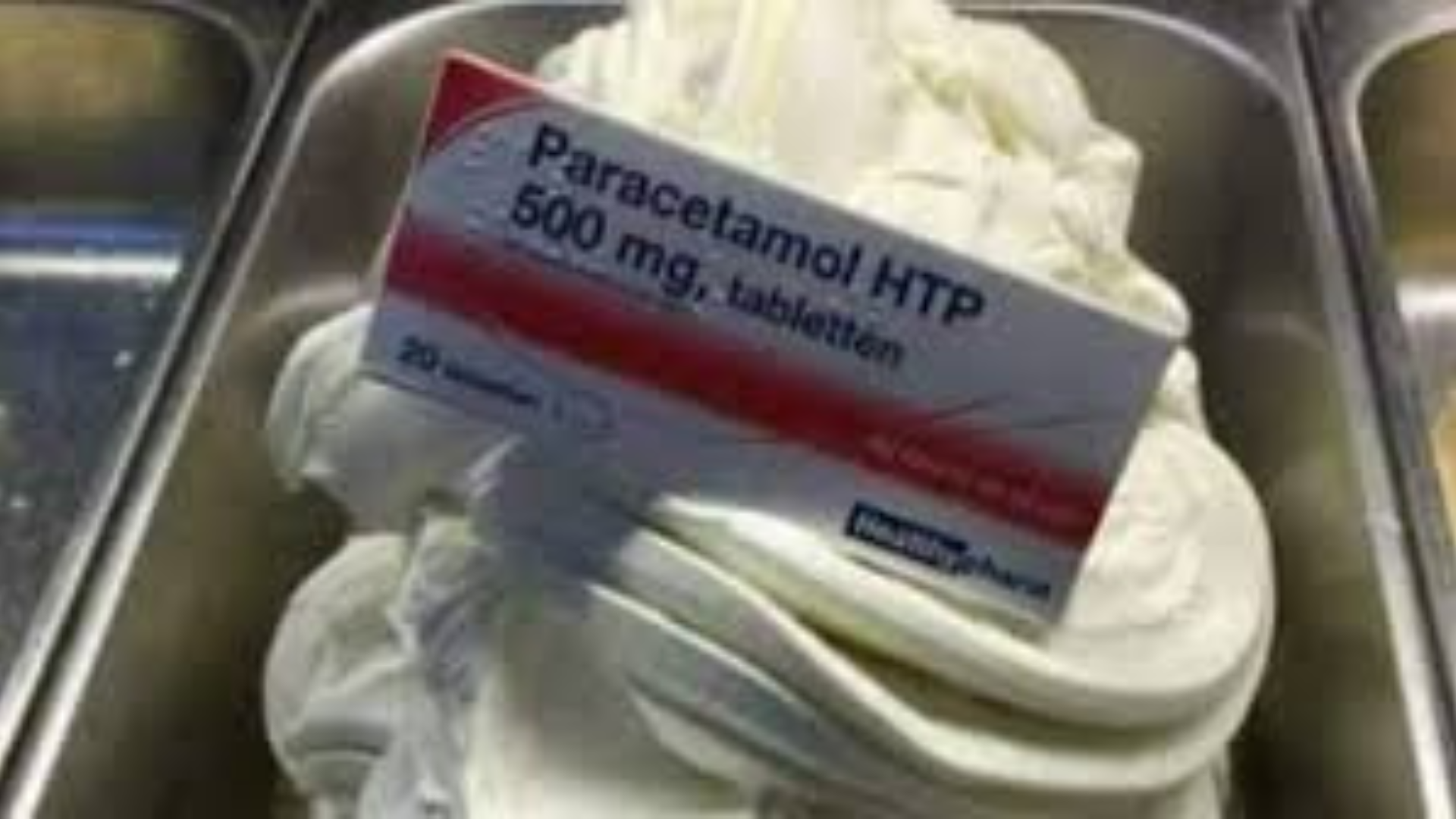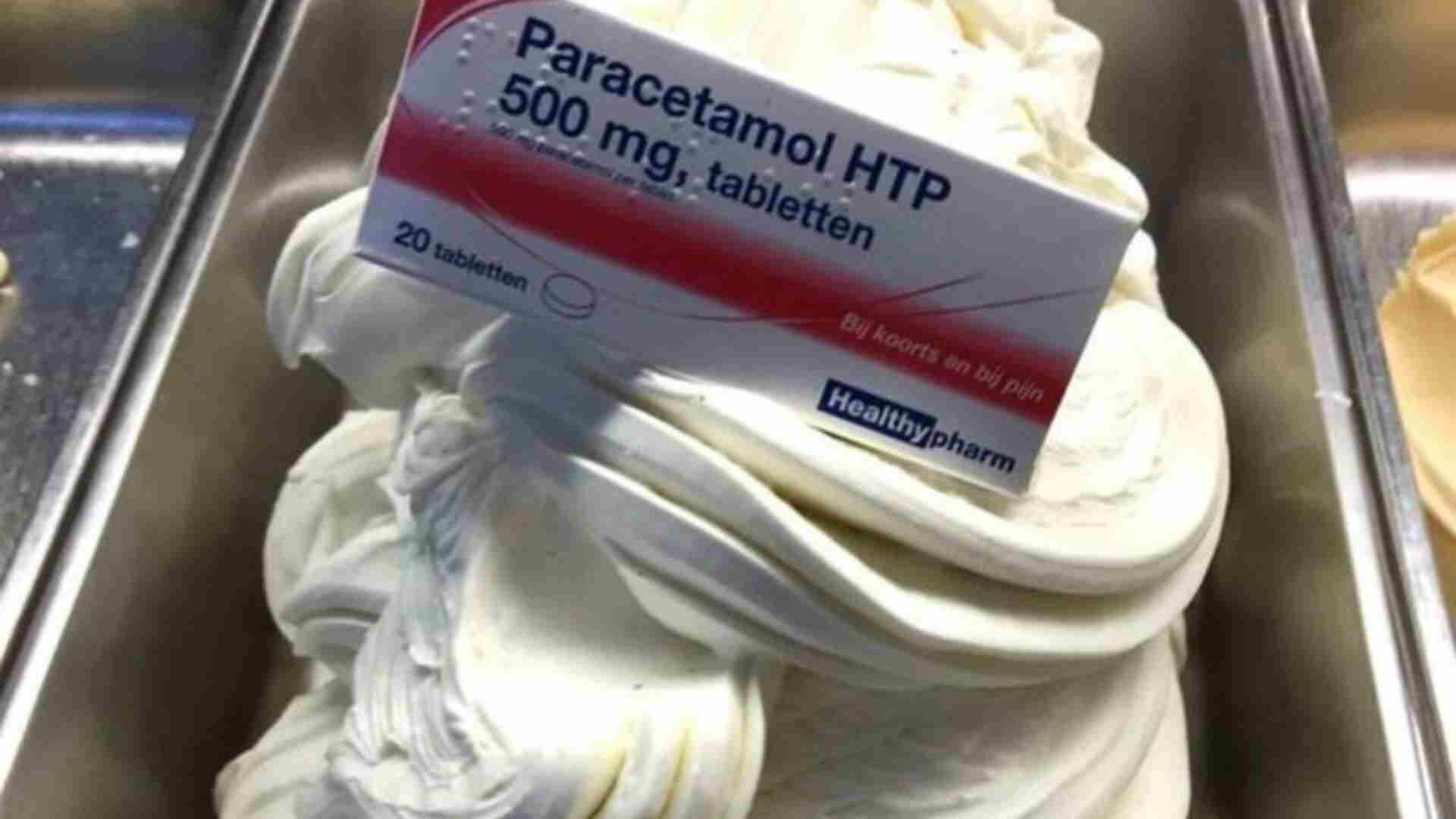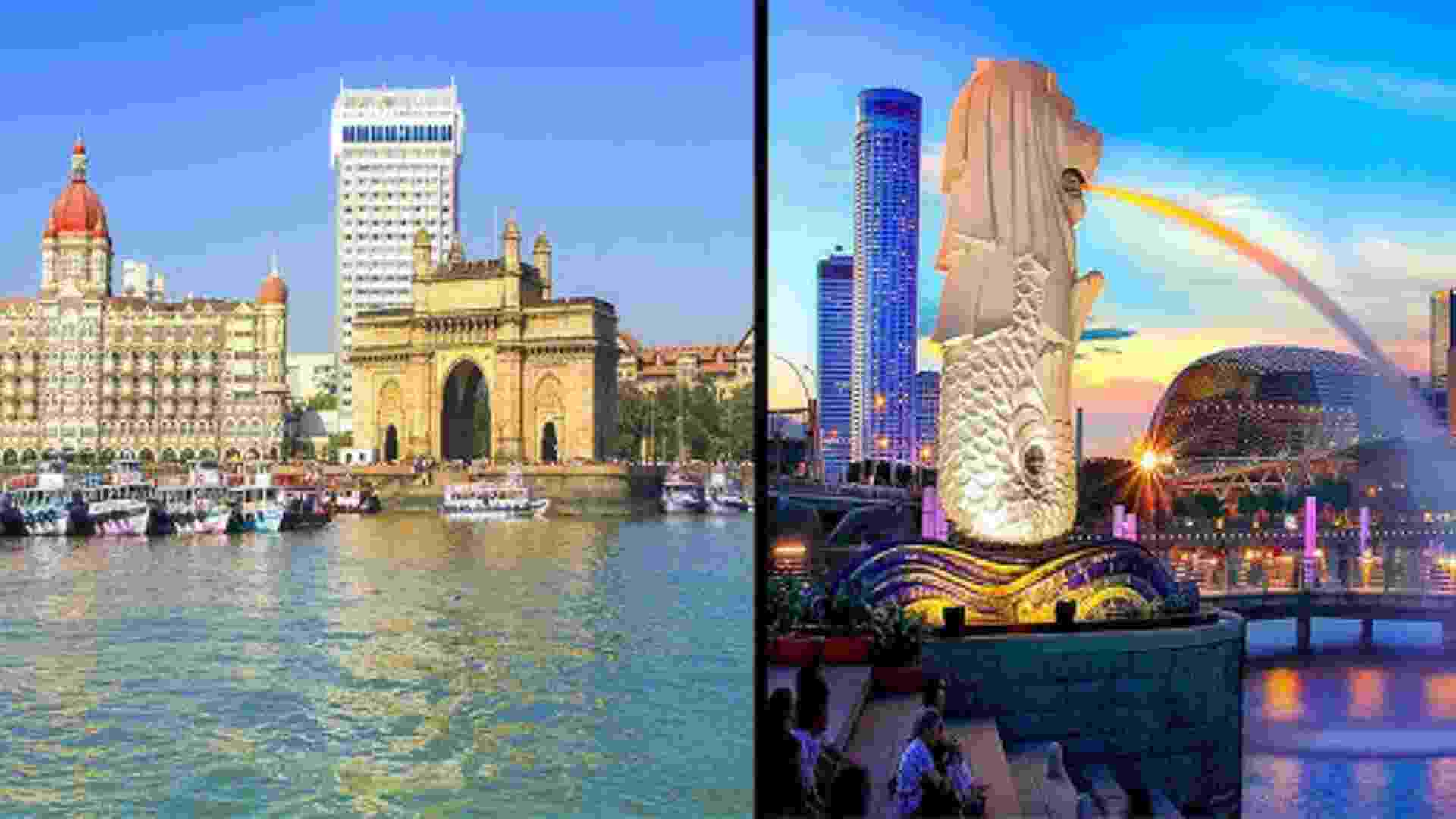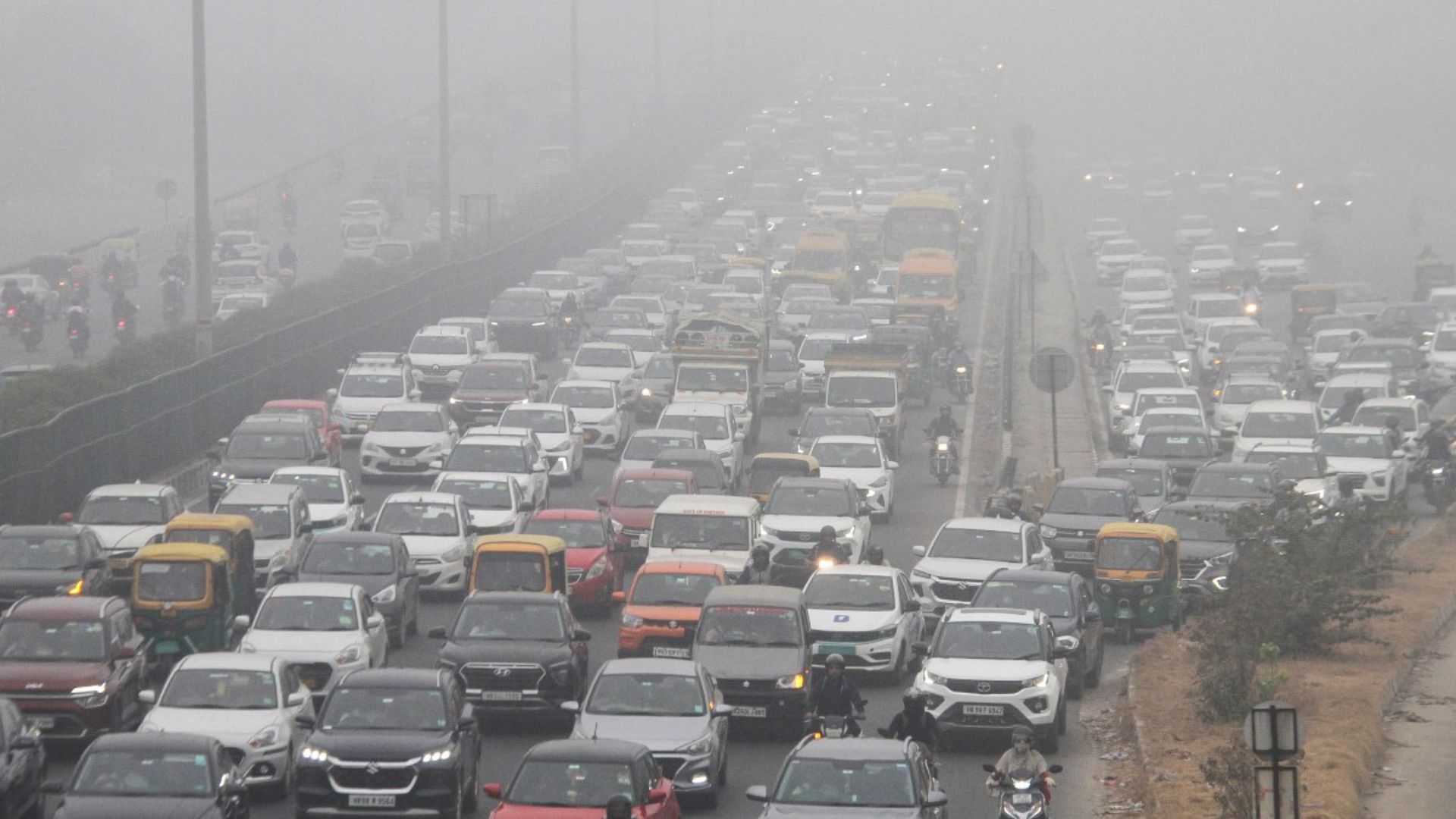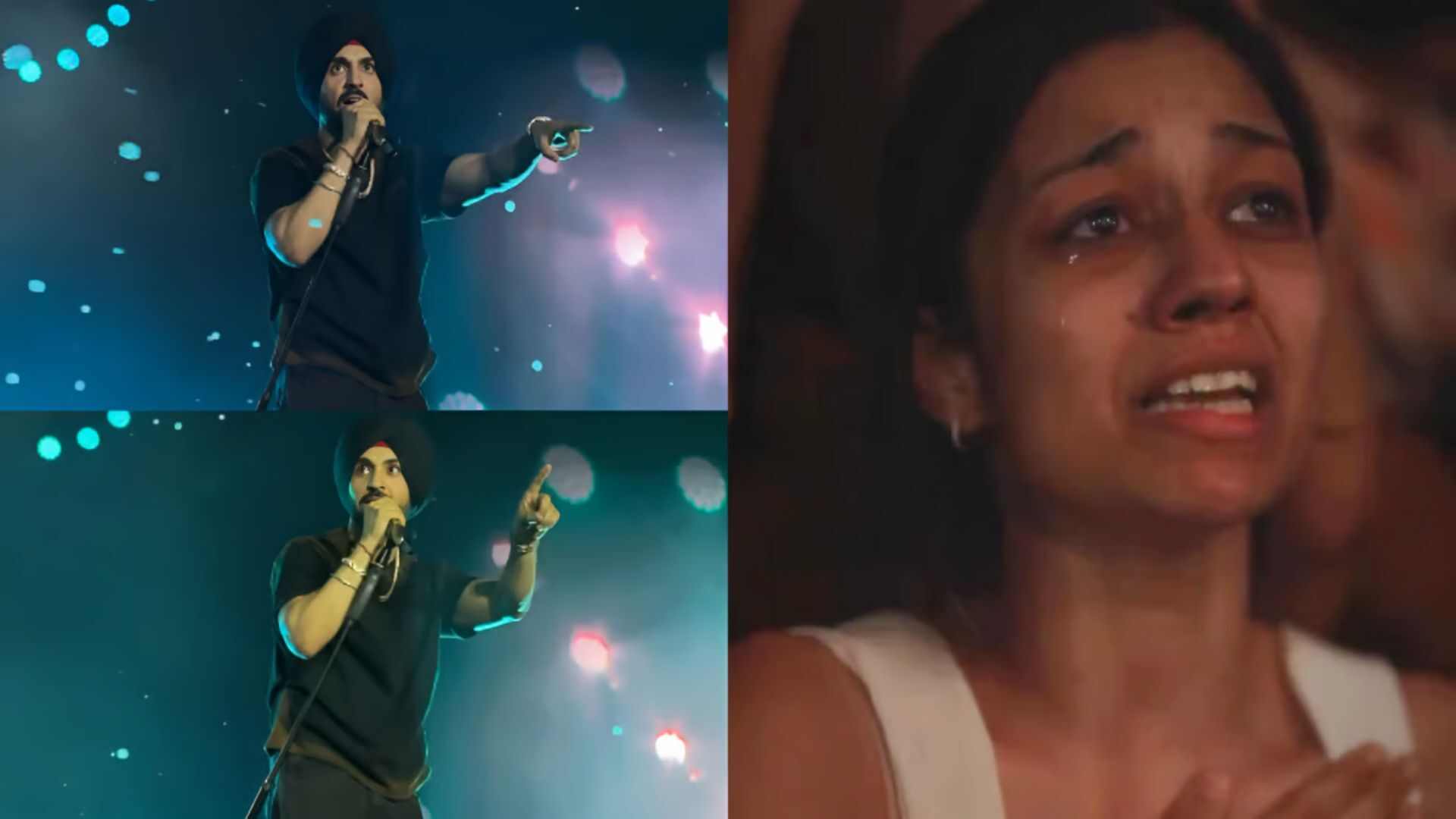
Last year on 1 August, the Muslim Women (Protection of Rights on Marriage) Act declared instant triple talaq—spoken, written or via electronic means—as an illegal practice in India. Not only did the 2019 Act declare triple talaq void, but also included up to three years of imprisonment for a man who pronounces it. Commemorating the passage of the historic law, the Ministry of Minority Affairs will be hosting a video conference to speak with Muslim women on 31 July, Friday, at 10.45 am, to mark the first anniversary which comes a day before Eid-ul-Adha on 1 August.
Union Law Minister Ravi Shankar Prasad, Women and Child Development Minister Smriti Irani and Minority Affairs Minister Mukhtar Abbas Naqvi will speak to groups of Muslim women who will gather across ten different locations in the country via video conference on Friday at 10.45 am. The 10 places will include Uttam Nagar and Batla House in New Delhi; Greater Noida, Lucknow and Varanasi in UP; Jaipur in Rajasthan; Mumbai in Maharashtra; Bhopal in Madhya Pradesh; Krishnagiri in Tamil Nadu; and Hyderabad.
This day will be celebrated as “Muslim Mahila Adhikar Diwas” (Muslim Women›s Rights Day) by the Ministry of Minority Affairs and a hashtag has also been started on social media— #ThanksModiBhaiJaan—by the BJP in which videos are circulated of Muslim women thanking the Prime Minister and the Centre for abolishing instant talaq.
Union Law Minister Ravi Shankar Prasad, on this occasion, tweeted, «One year ago, the Narendra Modi government enacted a historic law to ban triple talaq, which is a landmark in our efforts for gender justice, equity and empowerment of women.»
In the words of Minority Affairs Minister Mukhtar Naqvi, this «defining moment in the empowerment of women», has led to a considerable decline in the number of triple talaq cases across the nation. In Uttar Pradesh, between 1985 to August 2019, 63,400 cases were reported with an average of 1,864 cases per year, while only 281 cases were reported in UP after criminalising the Act. Andhra Pradesh reported the second maximum number of cases in 34 years up to 2019, which included a total of 41,382 cases. However, only 203 cases were reported from both Andhra Pradesh and Telangana over the last one year.
